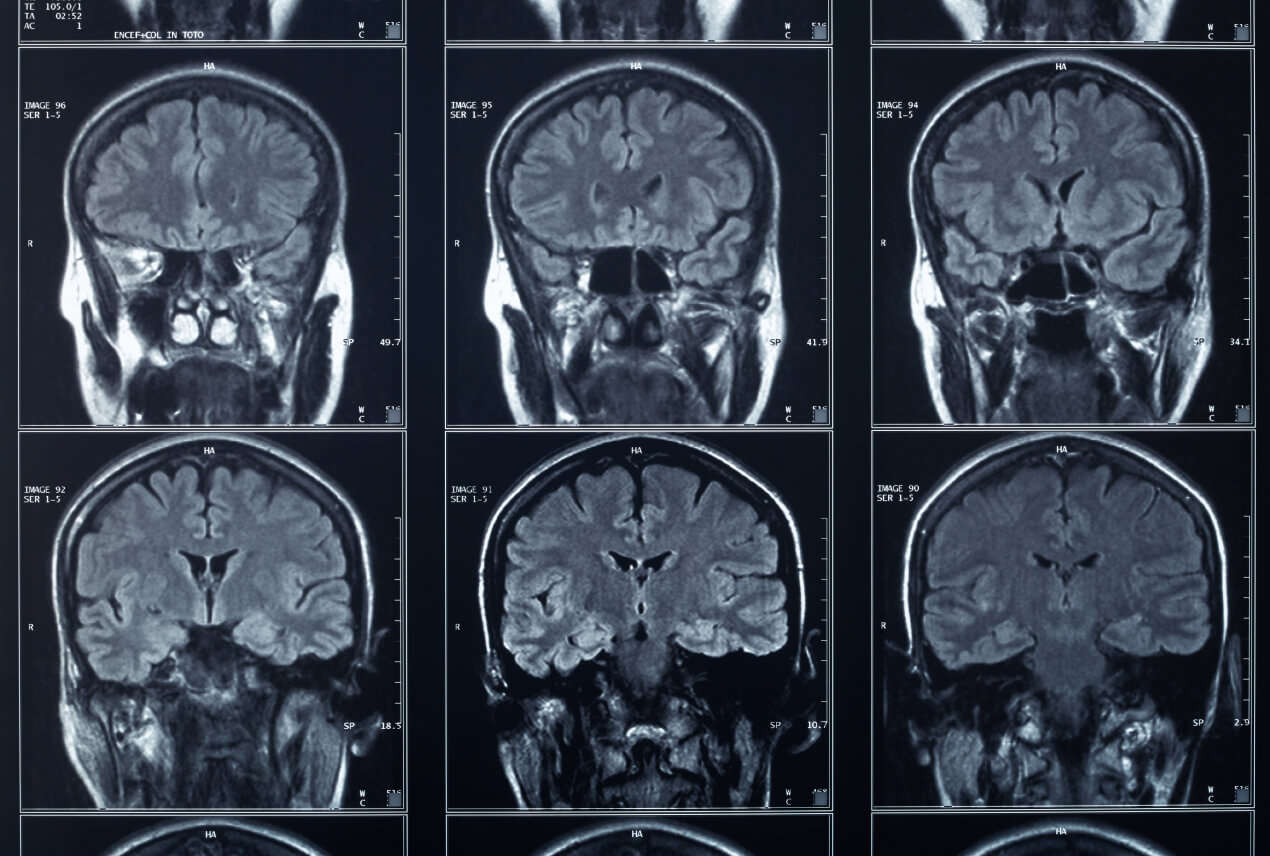Alzheimer's disease is a neurodegenerative disease that causes progressively significant impairments in behavior and cognition, including speech production and comprehension, focus, recall and complex reasoning skills. It's the most common subtype of dementia, a generalized term that alludes to cognitive decline so severe it interferes with activities of daily living.
Alzheimer's is the leading cause of cognitive ability decline.
The disease predominantly affects seniors: onset prior to age 65 is rare. There is no cure, and diagnosis in the early stages is cumbersome because Alzheimer's has no definitive tests, but treatments exist to help manage or slow symptoms.













